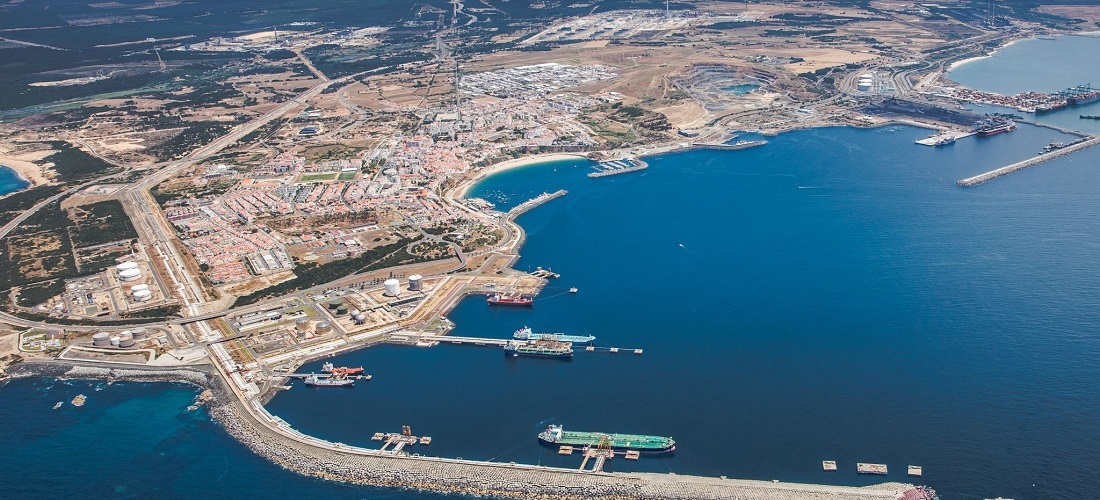
The Port of Sines is Portugal’s alternative for bringing gas to Europe
Mar, 09, 2022 Posted by Gabriel MalheirosWeek 202210
The Portuguese city of Sines aspires to be a gateway for gas entering Europe from other countries. On March 8, Russia threatened to cut off supplies to the continent.
This is the Portuguese government’s strategy for reducing Europe’s reliance on Russian supplies, at least in part, by diversifying distribution routes.
With a population of less than 15,000 people, Sines is located on the Alentejo coast and has a deep water port. This is where Russian ships dock in Portugal to unload gas.
Augusto Santos Silva, Minister of Foreign Affairs, explained in a press conference how these operations, which are not simple and are unlikely to happen soon, could be brought into effect.
“The gas can reach inner Europe via sea or land from Sines. The latter would entail the installation of a pipeline. There are currently two gas ducts connecting Portugal and Spain. We want to build a third and encourage the construction of a pipeline connecting Spain and France so that gas can reach Central and Eastern Europe,” said Silva.
African countries and the US are also likely supplies, according to Silva. Portugal receives 60% of its gas from Nigeria, 25% from America, and 10% from Russia. Under protests, a Russian vessel docked on Saturday, and other landings are expected.
José Luis Cacho, president of the port of Sines, acknowledged the possibility of building a bigger terminal to accommodate more ships. Furthermore, he believes it is feasible to increase the storage capacity at the site, which currently has three tanks.
On Tuesday, the European Union announced the objective of diversifying energy sources and reducing dependence on gas from Russia, which included Portugal in the list of hostile countries.
However, the block runs into the problem of transporting gas from the Iberian Peninsula to its other member-states. Although Brussels considers a gas pipeline between Spain and France to be an essential step, regulatory agencies in both countries have vetoed the execution of similar projects in the past.
Source: O Globo
To read the full original article, please see:
-
Ports and Terminals
Mar, 22, 2020
0
Porto Murtinho starts shipments of soybeans from the 2019/2020 harvest
-
Ports and Terminals
Dec, 21, 2023
0
With Peru port project, China gains a foothold in America’s backyard
-
Economy
Aug, 21, 2024
0
Paraguay’s Agro-Export Sector Faces “Gloomy Outlook” Due to Low River Levels
-
Sep, 25, 2023
0
CMA CGM amends Low Water Surcharge



